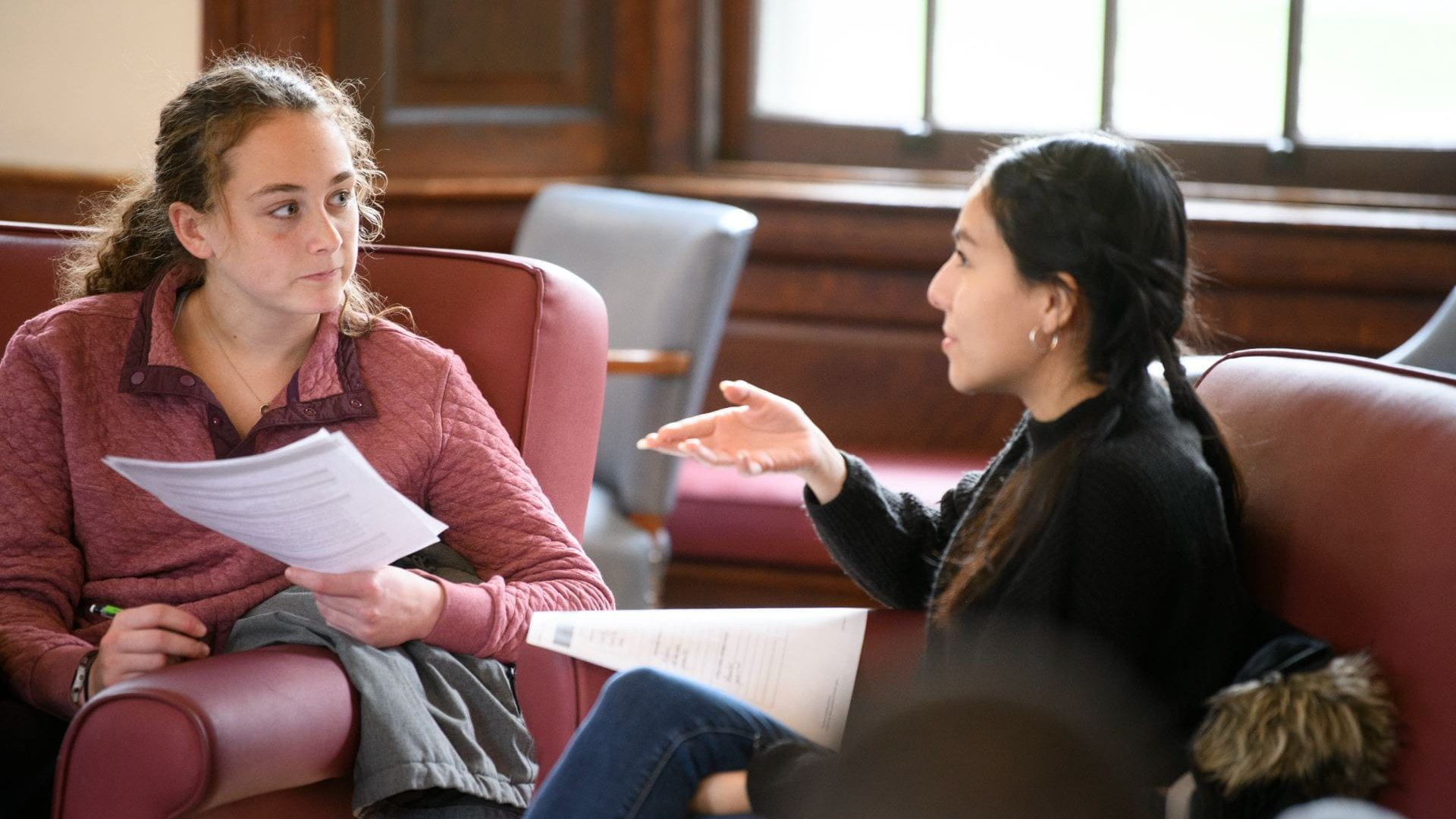
Resources for Courses and Research
Background video of aerial view of Harvard University and other b roll video of the inside of campus buildings
Whether you’re looking for additional materials to support a course assignment or starting to think about future research and thesis topics, the following resources have been curated to help you learn more about the guiding principles of Engaged Scholarship.

MPES Student Handbook
This guide is especially helpful at the beginning of your project planning phase by providing reflection questions that connect the who (community partnerships, defined audiences, etc.) with the what (the format, rhetoric, and content of your final deliverable). This document also includes logistical guidance such as project planning templates, instructions for how to format materials for printing at the Media Lab, and more.
Read the handbook (requires Harvard Key)
MPES Digital Library
MPES Digital Library indexes engaged scholarship readings and materials and is fully integrated with Hollis.
- Browse curated collections of academic literature in the fields of Engaged Scholarship and Engaged Pedagogy
- Search by keyword
- Includes curriculum development guides, research and teaching toolkits drawn from publicly available materials
